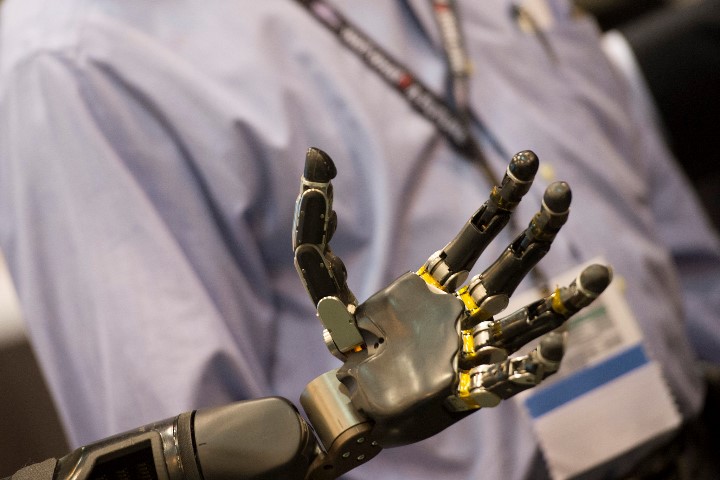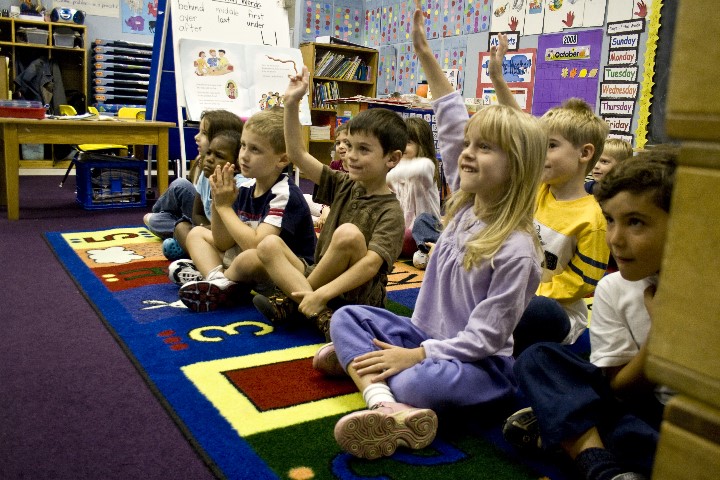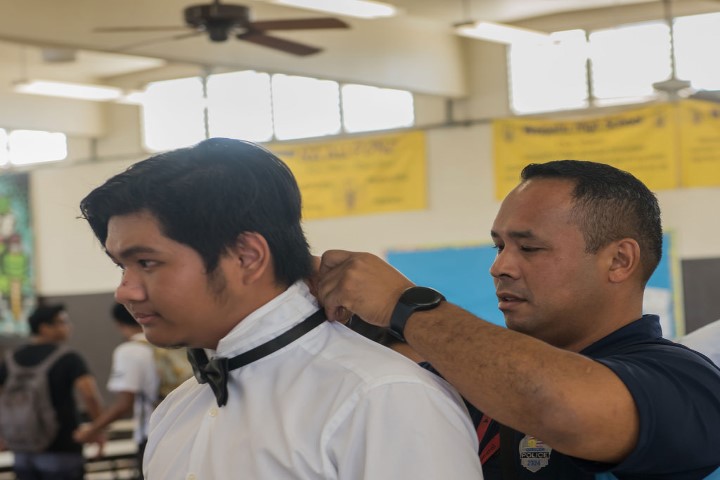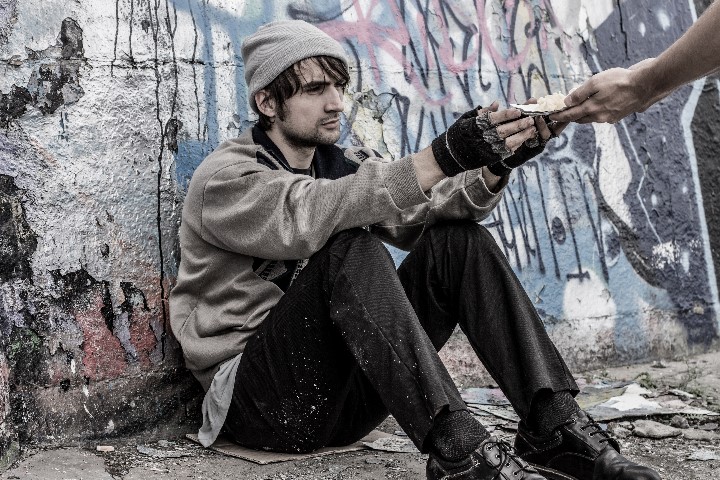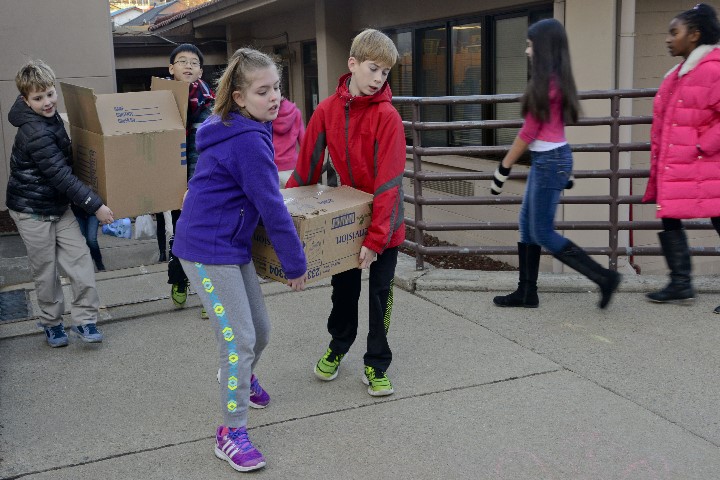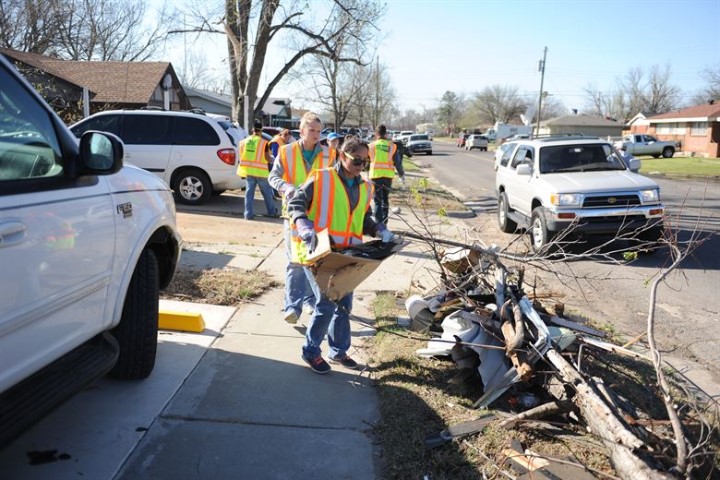Veterans recently teamed up with the American Legion to introduce high school students to the intimate workings of county government, an annual tradition that connects students with public officials in their community.
John Brehm, director of Veterans Affairs for Scotts Bluff and Banner counties, worked with the American Legion to bring in high school civics students from Scottsbluff, Gering, Mitchell and Morrill into county courthouses and government buildings for introductions in March, the Scottsbluff Star-Herald reports.
The day-long field trip dubbed County Government Day included a flag presentation and remarks from former American Legion state commander Beth Linn, as well as a mock trial with county Judge Kris Mickey.
“Your local government is the foundation of this country,” Linn said. “Whatever happens at your local government affects you for the rest of your life and affects what happens at the regional level.”
Research at the Institute for Advanced Studies in Culture suggests the importance of this kind of hands on informal education in local civics. Experience is always the best teacher. Case studies consistently show, states Institute for Advanced Studies in Culture leaders James Hunter and Ryan Olson, “the importance of the informal articulation of a moral culture through the example of teachers and other adults in the school community.”
“We know that these guys are our future and we’ve got to get them educated,” Beth Linn told the news site. “We’re a non-partisan organization. We don’t care whichever way they vote, they just need to know the basics so they can be educated.”
Scottsbluff High School social studies teacher Matt Parsley told the Star-Herald the event offers a lot more than simply an opportunity for his American government students to gain valuable real life experience with county officials.
“I also think there’s a patriotic side to it, that they understand service,” he said. “I think they gain some respect for the Legion and those who have served in the military.”
Mitchell junior Hunter Lenley said he learned a lot at the County Government Day, particularly during a presentation by a local probation officer.
“He did a really good job of explaining everything,” Lenley said. “I really didn’t understand how probation and all that works, but he really explained how the states of probation goes.”
Teachers and principals working to strengthen moral and citizenship formation in their students can find information and strategies at the UK’s The Jubilee Centre. In The Jubilee Centre’s own words, the following illustrates how the Centre views it work. “The Jubilee Centre is a pioneering interdisciplinary research centre on character, virtues and values in the interest of human flourishing. The Centre is a leading informant on policy and practice through its extensive range of projects contributes to a renewal of character virtues in both individuals and society.”

